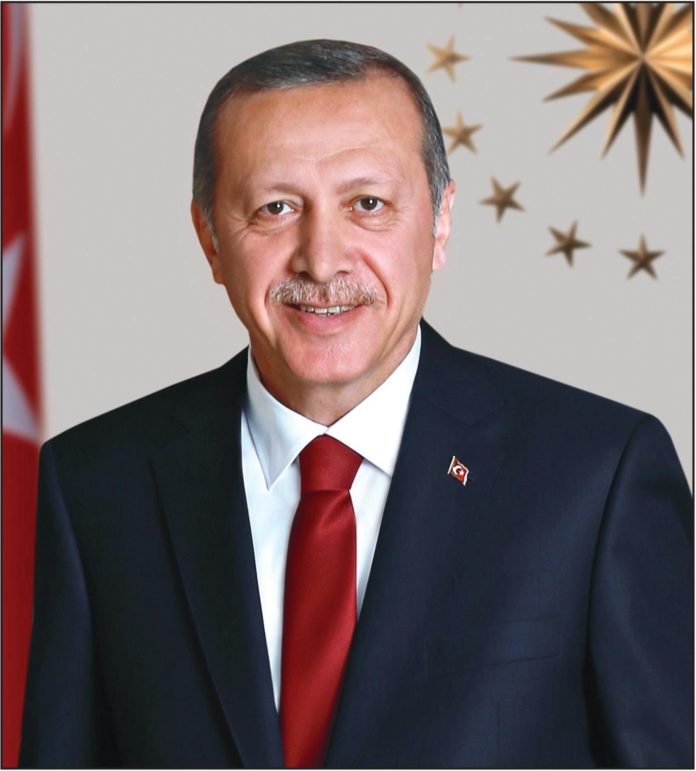Pakistan recently welcomed the President of Turkey Recep Tayyip Erdogan on an official visit. This cemented the long standing friendly relations between the two countries and lifted them to a new level. Much of this is due to the efforts of President Erdogan, who for the last 16 years has been central in directing the fate of his country and its foreign relations.
Since 2003, Erdogan has successfully steered Turkey’s economy out from a recession. His many reforms helped to improve macro economic indicators and his lifting of many government regulations brought foreign investment into the country. The Turkish economy has been modernized, it is listed as a developed economy by some observers. Turkey’s economic and social development performance has been impressive, with increased employment and income, making Turkey an upper middle income country. Politically President Erdogan has reverted Turkey that since Kemal Atatürk has been an aggressively secularized country to its Islamic roots. The Justice and Development Party (AKP) founded by him in 2001 is based on the historic tradition of Turkey’s Ottoman past and its Islamic identity rooted in indigenous values identity that was needed during the negotiations about membership in the EU. With the negotiations dragging on and no break-through in sight Mr. Erdogan’s foreign policy view turned towards Asia. In the words of Turkey’s Foreign Ministry “We are living in a politically and economically fragile geography at a time when the world is undergoing radical changes. Turkey pursues a foreign policy that does not shy away from taking initiative and in the words of our President, “reflects the enterprising spirit and humanitarian values of our nation.”
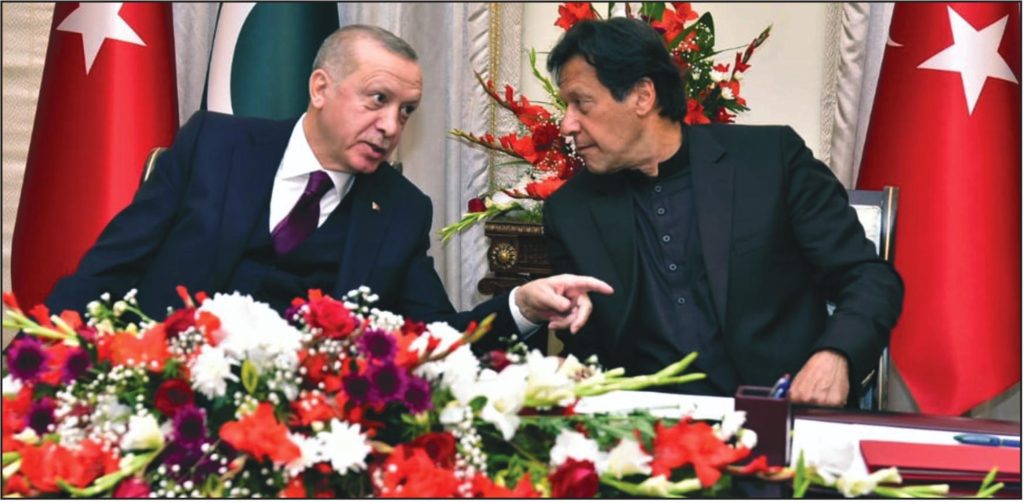
Turkey and Pakistan founded their friendly relationship as early as 1951 when a ‘Treaty of Eternal Friendship’ was signed. The ‘Agreement on Turkey Pakistan Friendship and Cooperation’ was signed in February 1954. Turkey emphasized that the pact with Pakistan would serve to increase peace and prosperity in South Asia. Founded in 1955 by Turkey, Pakistan, Iraq, Great Britain and Iran, the Baghdad Pact was a pro Western defensive organisation meant primarily to prevent the expansion of the Soviet Union in the Middle East. The US which had husbanded the creation of this Pact became an associate member in 1959. In 1958 Gen Karim Kassim over threw the monarchy in Iraq and withdrew from the Baghdad Pact in 1959. Renaming the Pact as Central Treaty Organisation (CENTO) the other signatories moved its headquarters to Turkey.
Guaranteeing collective defense for its members, CENTO over time became more of a channel for economic and technical cooperation than a military alliance. CENTO’s pro Western leanings caused it to be viewed with suspicion throughout the Middle East. India took the lead in being the Soviet Union’s primary surrogate in concerted opposition and protest against CENTO (and SEATO), mainly though the platform of the Non Aligned Movement (NAM). Long-term regional interests motivated Iran, Turkey, and Pakistan to actively operate more independently from Britain and the US. In July 1964 the Regional Cooperation and Development (RCD) was established to strengthen their socio economic development and accelerate pace of development in the region.
Pakistan and Turkey joined Iran in 1965 in setting up a new organization called the Regional Cooperation for Development (RCD), which aimed to promote their respective national priorities. This promoted regional solidarity at that because of the dis-appointment in western policies toward the region. Turkey and Pakistan developed a more independent political and security agenda to secure their national interests during the 1960s and 1970s. Both Pakistan and Turkey initially perceived the Iranian Revolution in 1979 and the Soviet invasion of Afghanistan as inimical to their security interests. These shared security perspectives led to a re-engagement with the United States and a U.S. backed Turkey Pakistan alliance.
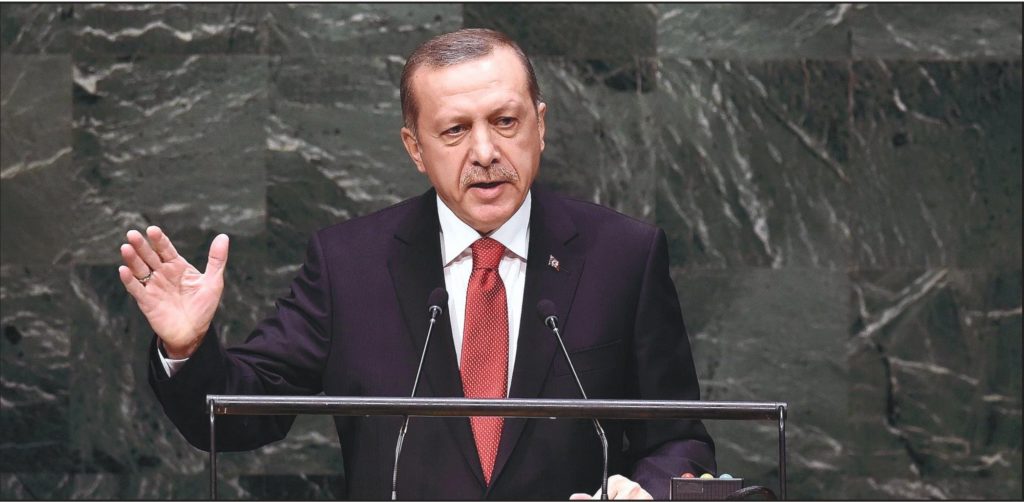
RCD was dissolved with Iran’s withdrawal after the 1979 Iranian revolution. Through an initiative by Pakistan, Iran and Turkey, the Economic Cooperation Organisation (ECO) was established in Jan 1985. This was expanded in 1992 to include Afghanistan, Azerbaijan, Kazakhstan, Kyrgyzstan, Tajikistan, Turkmenistan and Uzbekistan. However conflicts among the countries stymied the pace of progress. As a single market for goods and services on the pattern of the European Union (EU) ECO’s objectives are (1) Promotion of sustainable economic development of member states and raising the standard of living and quality of life of its people (2) Promotion of regional cooperation in economic, social, cultural, technical and scientific fields (3) Progressive removal of trade barriers and expansion of intra-regional trade (4) Development of transport and communication infrastructure (5) Economic liberalisation and privatization, etc.
With both China and Russia having vital stakes in the region, ECO has the potential of developing into a powerful political alliance. During an early visit the meeting of President Rouhani of Iran and PM Erdogan of Turkey on the sidelines in Islamabad was a tremendous development, made possible by Pakistani diplomacy. The armed forces of ECO nations are strong, stable and dynamic in contrast to that of many other Muslim countries viz Iraq, Syria, Egypt, Yemen etc. being either non existent, or in turmoil themselves or over stretched having to face and fight off constant threats.
On the resort island of Marmaris at the start of an attempted coup, Erdogan courageously rushed to Istanbul to lead from the front even before Ataturk Airport was fully secured. Escorted by loyalist F-16s, two rebel F-16s missile-locked onto the President’s aircraft for a few crucial moments. They did not shoot him down probably because his pilots deployed a backup transponder falsely describing his aircraft as a regular Turkish Airlines flight. Responding to Erdogan’s call the masses took to the streets to protect the “Erdogan version of democracy”, some despite being often outspoken against it. Mere sloganeering of “democracy” no longer works, our politicians must come out of their comfort zone of hypocrisy to deliver and perform a la Tayyip Erdogan. Loved by a great majority, Erdogan’s physical presence at the cutting edge of danger encouraged his people to confront the tanks. In the end, the counter-coup that restored the Erdogan Govt was Army led.
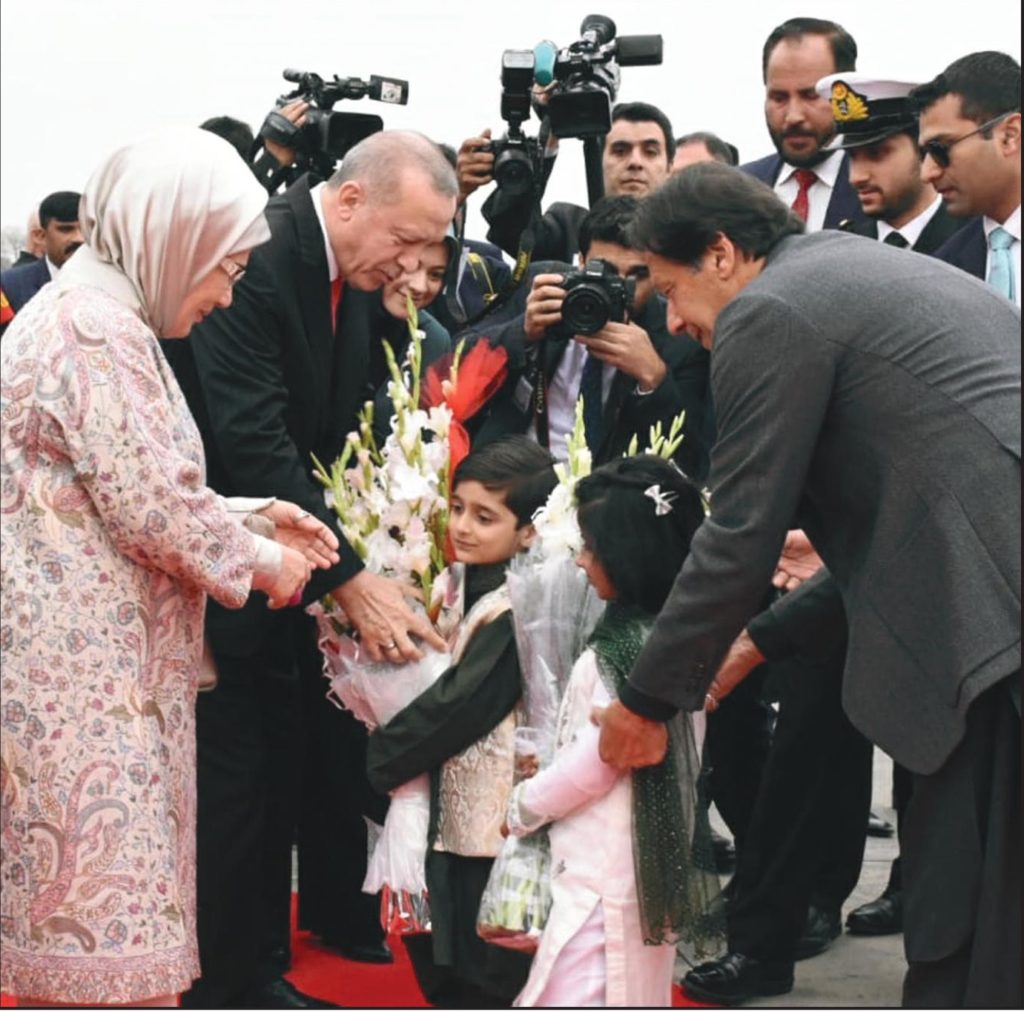
Erdogan’s election in Turkey by the country’s first direct Presidential vote with an absolute majority of 51.8% was only possible because he and his party had delivered good governance as Prime Minister for 12 years in a very polarized society. It highlights that viz (1) for elections to be truly credible all most important posts must be filled by a direct vote by the entire electorate, not an indirect vote by a handful that can be easily manipulated (2) an absolute majority. of more than 50% of the vote is essential, in Erdogan’s case victory in the first round ensured he would not face a run-off against the second highest vote getter in the runoff elections. In a country like Pakistan with ethnic, sectarian and tribal differences “proportional representation” in order of priority of the percentage of votes is a must to ensure all stakeholders in the electorate have a voice in Parliament.
Throughout the first decade of the 2000s, the challenge of maintaining stability in Afghanistan after the NATO intervention became the main element of bilateral relations between Turkey and Pakistan. NATO intervention in Afghanistan in 2001 shook Pakistan’s sensitive ethnic and religious structure at its core. The spill over of militancy became a real issue and Pakistan needed support to fight against it. In his visit to Pakistan in June 2003, Erdoğan and (then) Pakistani Prime Minister Zafarullah Khan Jamali agreed to support one another regarding their respective Cyprus and Kashmir issues and a year later the parties also signed cooperation treaties to fight international terrorism and organized crime. Pakistan remembers with gratitude Turkey’s help after the earthquake in 2005 and the flood disaster in 2010.
To fight terrorism and increase security the Turkish President Ahmet Necdet Sezer, Afghan President Hamid Karzai, and Pakistan’s President Pervez Musharraf issued the Ankara Declaration in April 2007 which aimed to increase cooperation among the three countries by focussing on strengthening bilateral relations, territorial integrity, and non interference in one another’s domestic affairs. The second trilateral summit between Turkey, Pakistan, and Afghanistan in December 2008 was held after both Turkey and Pakistan had gone through a major political crisis. Changes in leadership positions did not affect the countries’ prospering bilateral relations.
Ankara and Islamabad agreed in October 24, 2009 that Turkish Aerospace Industries would undertake the modernization of F-16 fighter fleet, Turkey agreed to facilitate Pakistan in improving relations with the Central Asian nations. During the Turkish President’s visit to Islamabad in April 2010, it was agreed that Turkey would monitor the region more closely during its term of Presidency (2010-2012) of the “Conference on Interaction and Confidence-Building Measures in Asia” (CICA). Ankara tried also to facilitate the normalization of Islamabad’s relations with NATO, which had deteriorated due to drone attacks.
The trilateral summit in Ankara in December 2012 addressed initiatives to enhance political, economic, and cultural affinity among the three countries as well as assurances of cooperation in the fight against terrorism. The countries also decided to extend the existing railway network in Turkey and Pakistan to Afghanistan and to develop links between their respective industries, such as telecommunications and energy.
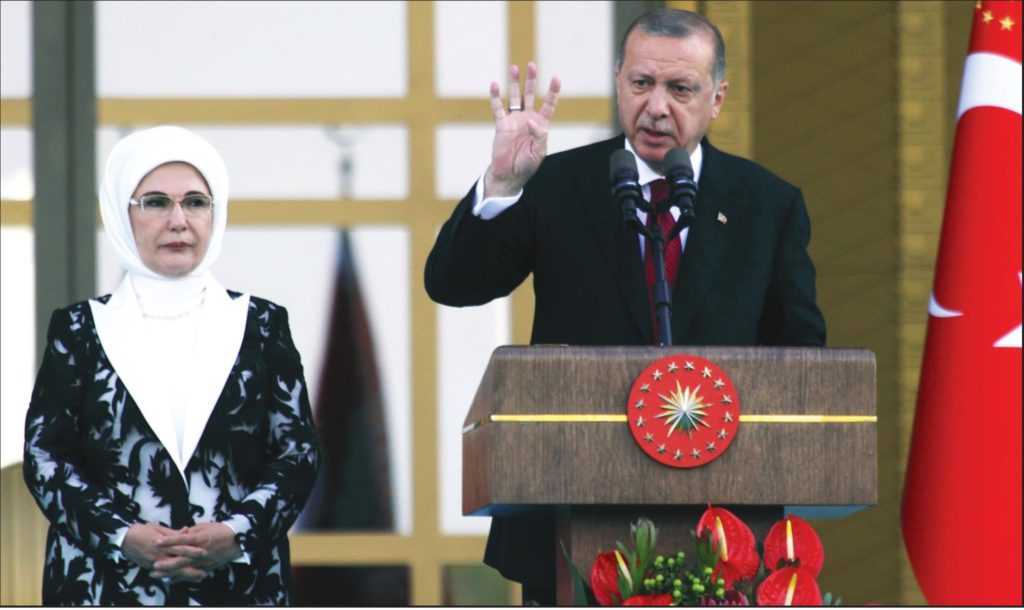
The latest sign of solidarity was the understanding and solidarity that PM Imran Khan expressed about Erdogan’s fears about the possible danger emanating from the armed Kurdish militia that control the border region between Turkey and Syria. Turkey considers Kurdish militants in northern Syria a “terrorist” offshoot of the PKK, Kurdish insurgents in its own territory. It wants a 30 kilometres wide buffer zone along the border that can also serve as an area to repatriate millions of Syrian refugees currently living in Turkey. Pakistan strongly supports Turkey in its efforts to prevent a spill-over of Kurdish weapons and fighters into Turkey. To quote Imran Khan “As a country which has lost more than 70,000 lives due to terrorism and borne the burden of more than three million refugees for decades, Pakistan is fully cognisant of threats and challenges being faced by Turkey having lost 40,000 of its people to terrorism.”
The phrase ‘Derin Devlet’ in Turkish literally meaning “inner state” went on to become a staple part of everyday political discussion in Turkey in the 1990’s where widespread belief prevails that “deep state” is behind the scenes of every democratic elections. Talking about bugging devices found in his home and office in Dec 2012, Recep Tayyip Erdogan said, “Every state has its own deep state; it is like a virus; it reappears when conditions are suitable. We continue fighting these structures. We cannot of course argue that we have completely eliminated and destroyed it because as a politician, I do not believe that any state in the world has been able to do this completely.”
Erdogan is a staunch supporter of Pakistan’s stand on the Kashmir conflict. Pakistan, its government and its people were very happy to receive and honour this true friend of Pakistan for many years. Peace and the guarantee of human rights in Kashmir as well as in Afghanistan are at the heart of both our countries. This visit will certainly contribute to the further development of friendship and support between our two nations.


